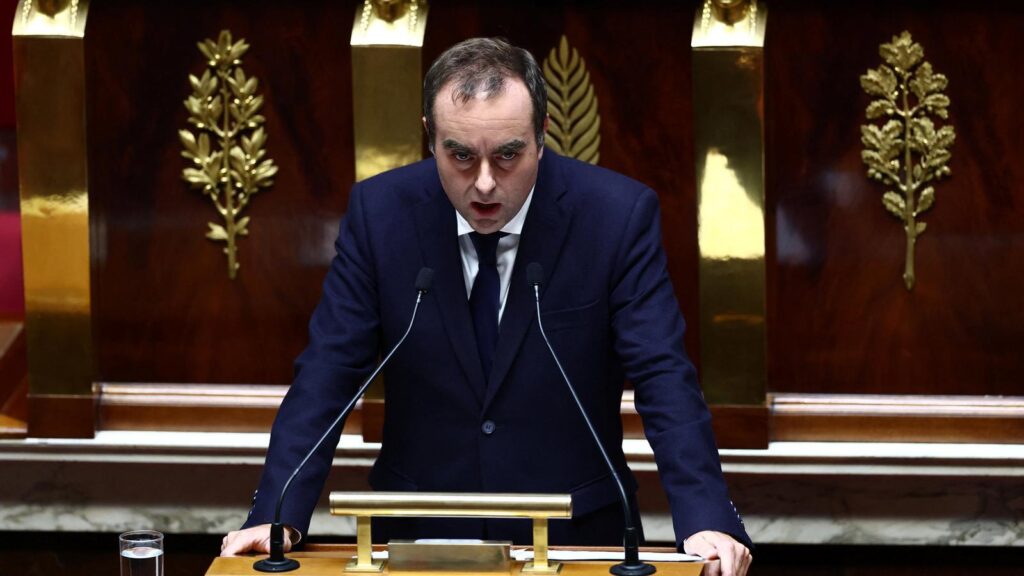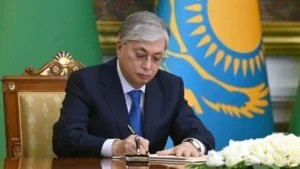French PM Lecornu Suspends Pension Reform to Avert Government Collapse Amid Political Turmoil

Paris, The Gulf Observer: French Prime Minister Sébastien Lecornu on Tuesday announced the suspension of the controversial 2023 pension reform plan in a bid to stabilize his embattled government and steer France out of its most severe political crisis in years.
France, the eurozone’s second-largest economy, has been mired in political unrest since President Emmanuel Macron’s decision to call snap elections last year backfired, costing his party its parliamentary majority. Lecornu, Macron’s seventh prime minister since 2017, is now struggling to keep his cabinet intact long enough to secure passage of a crucial austerity budget before year-end.
The pension reform, which raised the retirement age from 62 to 64, sparked mass protests across France after being forced through parliament in 2023 via a controversial constitutional clause that bypassed a vote. Facing mounting opposition, particularly from the centre-left Socialist Party, Lecornu said the government would freeze the reform until after the next presidential election in 2027.
“I will propose to parliament this autumn that we suspend the 2023 pension reform until the presidential election,” Lecornu told lawmakers. “There will be no increase in the retirement age from now until January 2028.”
The Socialists had warned they would vote to bring down the government unless the reform was shelved. Lecornu’s announcement appears to be a tactical concession aimed at averting a third parliamentary no-confidence vote within a year.
Lecornu further pledged that his government would refrain from invoking Article 49.3 — often dubbed the “nuclear option” — which allows laws to pass without a parliamentary vote. “The government will make suggestions, we will debate, and you will vote,” the 39-year-old former defence minister emphasized.
Despite the suspension, Lecornu acknowledged that the move would cost France about €400 million in 2026 and €1.8 billion in 2027, requiring compensatory budget cuts elsewhere. His fiscal plan seeks to trim €30 billion from next year’s budget to bring the deficit down to 4.7 percent of GDP, even as France’s debt burden remains among the highest in the European Union, trailing only Greece and Italy.
Lecornu’s decision follows a turbulent fortnight in French politics. After resigning amid criticism of his cabinet last week, he was reappointed by President Macron and swiftly formed a new ministerial team ahead of a key budget deadline.
However, his administration remains under immense pressure. The hard-left France Unbowed and the far-right National Rally have already tabled motions of no confidence, while Macron has warned that any successful effort to unseat the government would trigger the dissolution of parliament and new elections.
Meanwhile, the president faces growing isolation, with opposition leaders and even some former allies, including ex-prime minister Édouard Philippe, calling for his resignation.
Political analysts say the far-right National Rally, led by Marine Le Pen, now sees its best opportunity yet to capture the presidency in 2027, when Macron’s second and final term ends.


